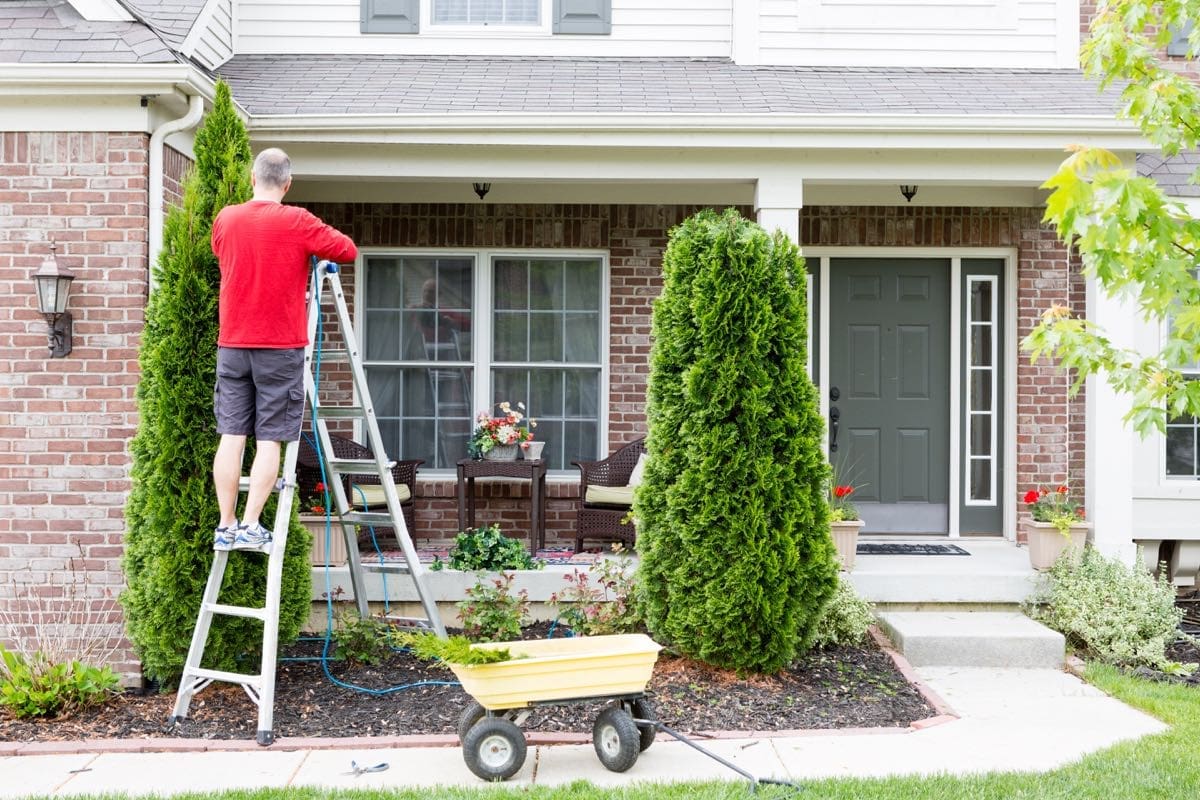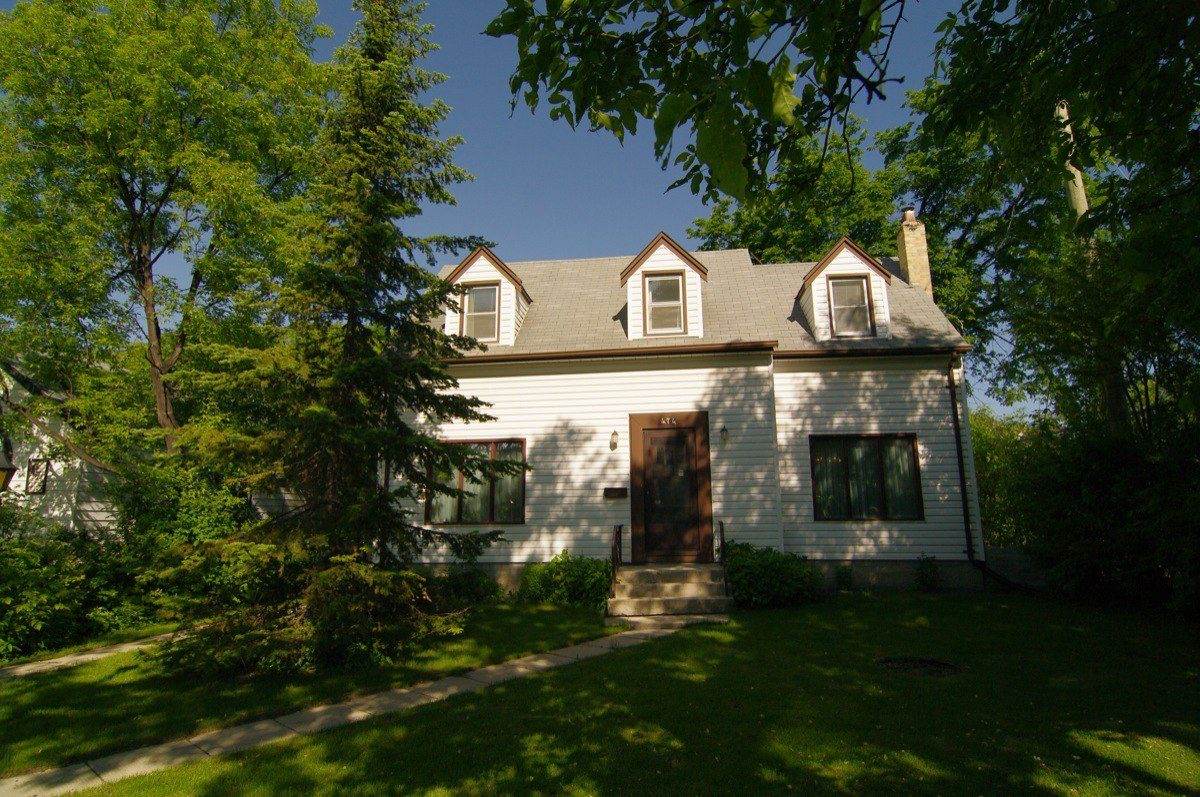Life gets chaotic at times, and one of the biggest causes of chaos in a home is not having enough space. When people are living on top of each other, chaos ensues, and there’s only so much of that chaos that most families can take. Luckily, there are some solutions. You can move into a larger home, or you can build an extension onto your current home. Both options offer something different, so you’ll have to choose which benefits you prefer. Keep reading to learn how you can decide if you should move or build a house extension.
Why You Should Move
Moving is a lot of work, but it gives your family great opportunities. No home extension can solve all your space problems, such as a bigger laundry room, a spacious kitchen, and extra bedrooms for kids. You can hunt down a house with all those options and more. While many costs go into homeownership, especially when upsizing, those costs are often worth it if they give you a more comfortable home.
Moving also gives you and your family a new place to explore. Whether you’re moving up the street or across the country, take the time to explore and enjoy your new space and neighborhood. Kids can make new friends, you can try a new career, and everyone gets a fresh start with a move. If you want more space and a fresh start, moving is for you.
Why You Should Build an Extension
There’s a lot to consider when building a home extension. Budgets, property lines, permits, and accommodations during the construction process just scratch the surface of everything involved. For some, though, all that work is worth it. You get to invest in the home you’ve already made so many memories in and turn it into your forever home. And the extra investment will pay off if you do move, whether just a few years down the road because of a job change or decades in the future when you need to downsize.
Staying in your home and building an extension allows you to keep your lifestyle as is. While you may have to stay somewhere else during the construction process, your kids can attend the same school, and you can stay within commuting distance to the office. You can still see all your friends and visit your favorite local places. Nothing really has to change except for your home.
Deciding Which is Best
Both options offer you the opportunity to live in a home that fits your lifestyle. Your decision between moving or building an extension will depend on your finances and other extenuating circumstances, such as jobs and school systems. Moving is best if your family is ready for a change and you can find something within budget. If you want to stay where you are and enjoy having a bigger home in the near future, building a home extension is best.
Should you move or build a home extension? Your choice between the two depends on your budget, lifestyle, and just how much you want to change. Both are good investments and can help you live a happier, less chaotic life. Weigh your options, talk with your family, and pick the option that works best for everyone.
 About the Publisher
About the Publisher
Bo Kauffmann is a residential real estate agent with over 18 yrs experience in helping buyers and sellers achieve their goals. Inducted into the REMAX Hall of Fame in 2010 and receiving the REMAX Lifetime Achievement Award in 2019, Bo has sold over 500 houses and condos in the Greater Winnipeg market. He is an accredited buyer representative (A.B.R.) and a Luxury Home Marketing Specialist.
Bo provides exceptional service to First-Time Home-Buyers, Seniors looking to downsize and Home Sellers of all ages.
He can be reached easily By E-Mail or call/text him Call/Text Here
Never miss an episode of our real estate podcast. Install our FREE Podcast App available on iOS and Android. For your Apple Devices, click here to install our iOS App. For your Android Devices, click here to install our Android App. Check my videos on Youtube



Sanders&Johnson
If you are planning to expand the house, make sure that the size and capacity of your HVAC system is sufficient to maintain a comfortable temperature in the expanded house. If that’s not enough, consider upgrading. HVAC systems of insufficient capacity will be forced to work harder and consume more energy, which will lead to large monthly bills. It can also cause system breakdowns.
ESCO
The same goes for the electrical panel. The expansion of the house means an increase in electricity consumption, and your old electric panel may no longer be enough for this. A panel of insufficient capacity can cause fires from an overload.